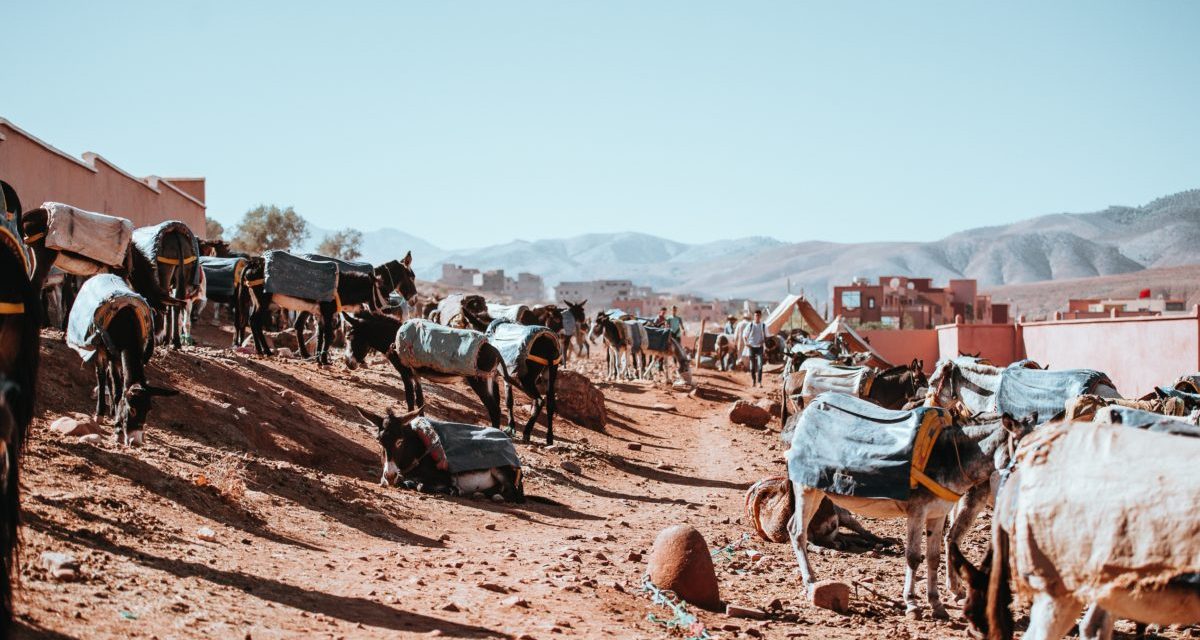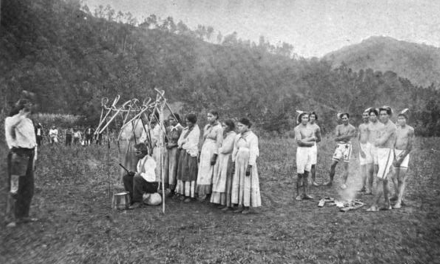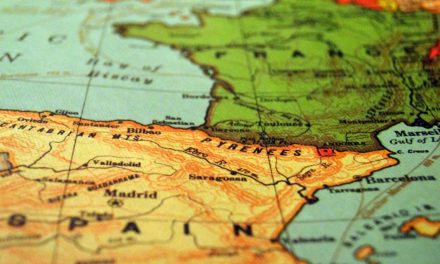Around 5000 BC, North Africa gave birth to the Berber culture, which was a combination of the Capsian and Iberomaurusian cultures. Some believe the Berbers are the descendants of Atlantis. Aside from being on the southern side of the key landmark in Plato’s story of Atlantis, Morocco is a logical location for survivors of a sunken Atlantic island to land. Many Berbers now make their homes in the Atlas mountains which shares the root name of Atlantis.
Early Culture
Dating back more than 6,000 years, ancient Berber regions predate Arabs in the region, in states like Mauritania and Numidia. Berber, which comes from the Greek word, ‘barbaros’ (meaning barbarian), was given because of observations made by the Arab and French nations where their culture was viewed as unrefined. Predominantly now a Muslim culture, Berbers originated with Jewish ties prior to being Islamized by the Arabs in their early formation. The culture also owns nearly a dozen forms of dialect, as well as an ancient written language. A self-sustaining culture; Berbers live mostly in the mountains of Morocco, where their communities focus on close relationships and minimal interaction without outsiders.
For centuries, the Berbers have not changed characteristics in their food, which boasts originations for couscous, and also offers other fixtures, such as pastillas (a confectionary candy), bourjeje (a yeast pancake, much like a crêpe); all of which are cooked in a traditional tajine (an earthenware pot, shaped like a cone). Art also serves as a cultural staple for Berbers; with pottery, weaving, jewelry, and architecture of primary focus. The methods or designs for these creations has not strayed from their ancient times, which are unswervingly related to methods found in the Mediterranean basin, and were derived from as early as the Iron Age. Music is also important to this culture, which a focus on pentatonic style; utilizing such instruments as the oboe and bagpipes, along with singing.






The Berbers are also known as Mauri (Moors). They came from Mauritania. EYE OF AFRICA might possibly be remnants of Atlantis?